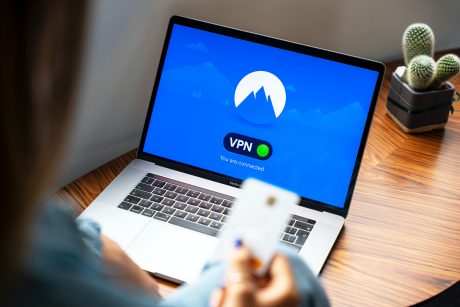
In continuing without our post from last week discussing internet bandwidth, this week we will discuss a key component of that, Wi-Fi. We all know what Wi-Fi is or as many people call it wireless internet. Just about every major internet cable provider now sends you a router with it’s own Wi-Fi access built into it so we will skip the basics. We are here to discuss the dangers of Wi-Fi access points and what you can do to secure them.
First off make sure when you receive your router set it to require a password with at least 8 characters. Make sure that it is something more than your name, address or something anyone outside your home can easily figure out but you yourself can remember. Also, turn off any secondary unsecured network to prevent any tampering from someone outside your house. If you need an extender, see if the provider sells their own. While they are usually a little more in cost, they will not have any backdoor software installed versus the no name products you will find on Amazon. I have seen those have access to places as far away as China where scammers are looking to gain access to sensitive data on your network.
If you find yourself out and about utilizing public Wi-Fi be sure to use a VPN. Some places that offer free Wi-Fi can be compromised. This means a hacker has created a way to position himself or herself in between you and the connection with access to all your data. They can also distribute malware using this means to harm your computer or gather data. In these situations never allow sharing to other computers on the network, and be sure to turn off any auto connect features as well.
I hope these simple tips help and please stay safe.
